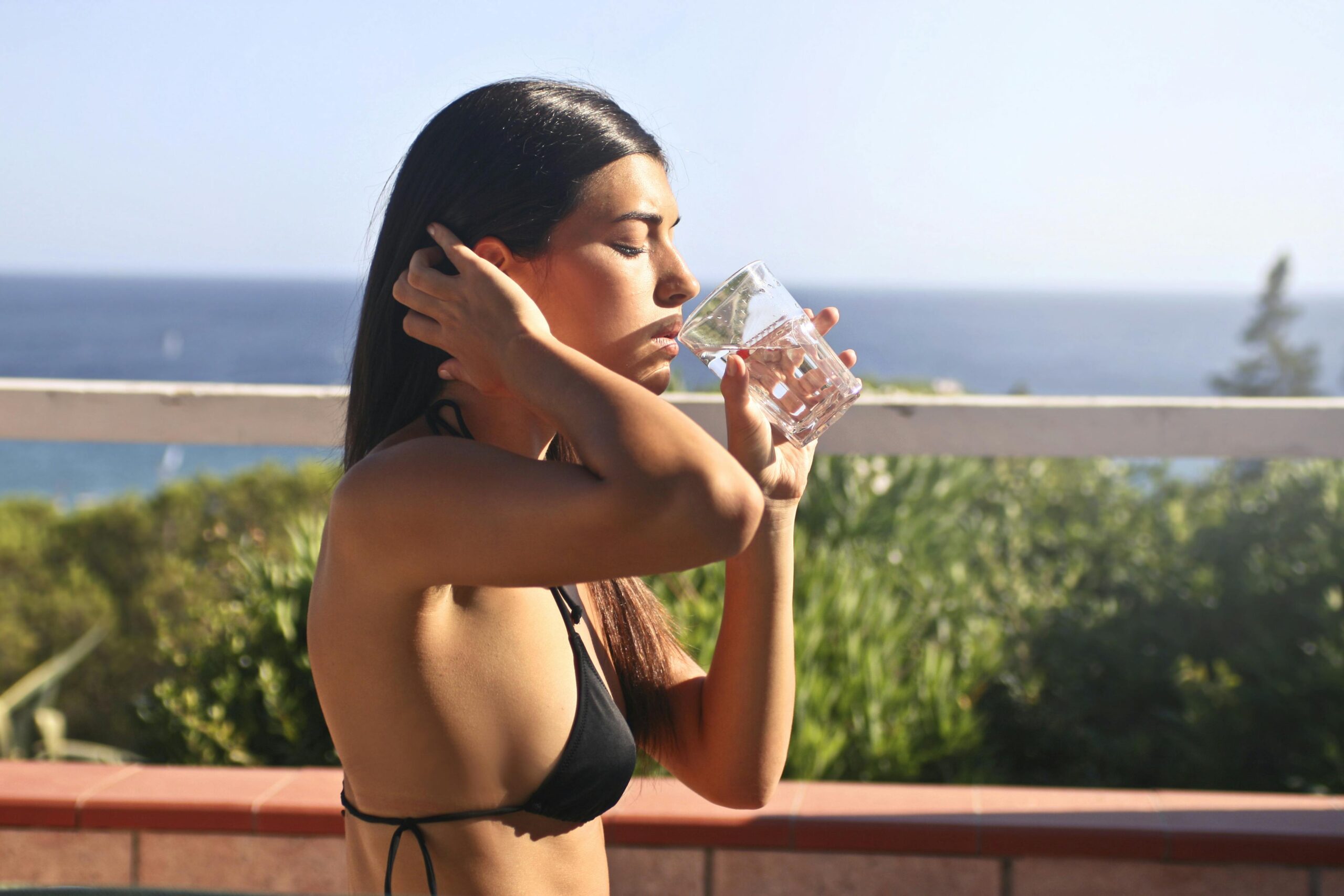Why Water Matters More Than You Think
One of the most overlooked but harmful habits is failing to drink enough water each day. While many substitute coffee, soda, or juice for hydration, these drinks cannot replace the vital role water plays in maintaining health. Dehydration doesn’t just cause thirst, it slowly drains energy, impairs focus, weakens the body, and even accelerates aging.
Water is the foundation of nearly every bodily function. The brain, composed of about 75% water, requires hydration to maintain focus, mood stability, and clear thinking. Water also supports digestion, nutrient absorption, circulation, and temperature regulation. Skin health, joint flexibility, and overall energy all decline when hydration is inadequate.
Despite its importance, many people don’t drink enough due to busy schedules, reliance on caffeinated or sugary drinks, or simply not feeling thirsty. The signs of dehydration, fatigue, headaches, dry skin, constipation, cramps, irritability, and dark urine are often dismissed until they become chronic.
Long-term dehydration carries serious consequences. It places strain on the kidneys, increases the risk of kidney stones, weakens immunity, and burdens the heart. It also accelerates skin aging by breaking down collagen and contributes to cognitive decline over time. Without enough water, cells lose volume and vitality, mirroring the transformation of a fresh grape into a raisin
Several hydration myths make the problem worse. Drinks like soda, coffee, and tea do not hydrate effectively, and by the time thirst is felt, dehydration has already begun. Concerns about bloating are also misplaced, as adequate water intake actually helps reduce it.
So how much water is enough? While the standard “8 glasses a day” is a guideline, experts suggest about 2.7 liters daily for women and 3.7 liters for men, adjusting for activity level, diet, and climate. A simple rule of thumb is to check urine color: pale yellow indicates good hydration, while dark yellow signals the need for more fluids.
Practical strategies to stay hydrated include carrying a water bottle, setting reminders, drinking before meals, eating water-rich foods, and swapping sugary drinks for water. Everyday scenarios like office workers relying on coffee, students fueled by energy drinks, athletes neglecting recovery, or busy parents forgetting to drink highlight how dehydration silently creeps into modern life.
The takeaway is clear: hydration is one of the simplest yet most powerful ways to protect health, slow aging, and improve well-being. Making water a daily priority not only sustains the body but also serves as a natural anti-aging secret.
__The interesting part is that not drinking enough water isn’t the only habit making you old, you need to read this below
